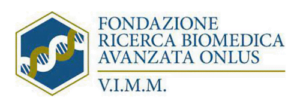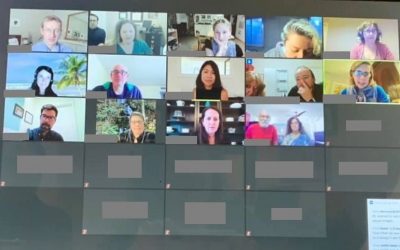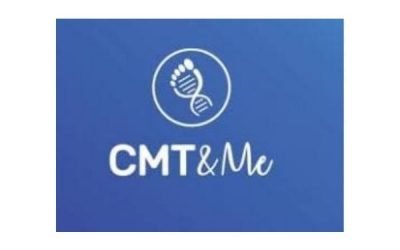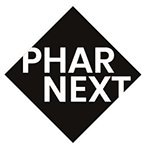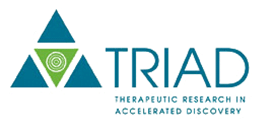
Impact That Matters
Therapeutic Research In Accelerated Discovery (TRIAD)TRIAD = Academia + Government + Industry
TRIAD Partners
Our TRIAD partners include innovative biotech & pharmaceutical companies, award-winning researchers at top-tier universities, and those spanning the drug discovery, drug development, and diagnostics continuum for mito research.
Partnerships vary depending on research goals, milestones met in preclinical or clinical development, and strategic alliance agreements.
TRIAD & GRIN
As part of TRIAD, in 2013, the Global Registry for Inherited Neuropathies (GRIN) was developed to conduct patient-focused research & development for treatments and cures. The patient voice is at the forefront of all we do. By incorporating the patient voice from the beginning, our research programs have the greatest potential for success. HNF funds research with one goal in mind; advancing to clinical trials for Mito research.
TRIAD Council
The TRIAD Council is composed of CMT thought leaders, experts, and consultants engaged in collaborative planning and decision-making to provide regular guidance and direction to our research strategy. This network of professionals reviews grant proposals, provides expert guidance, and assesses project outcomes to advance therapeutic development for Mito CMTs.
Our most recent TRIAD -MITO partnerships & initiatives
Click on the logos for more information.


HNF participates and supports an advocacy role by providing real-world data to the FDA and other stakeholders. Our critical data facilitates improved knowledge of the lived experience of Mito CMTs patients and the advancement of clinical development.
SORD: A Lesson in Repurposing Drugs to Treat Hereditary Neuropathy
Research from a mutation on the SORD gene
TRPV4 Hereditary Neuropathy Patients Connect with Johns Hopkins Experts to Push Research Efforts Forward
Community connected with the TRPV4 HN team at Johns Hopkins
CMT1A Clinical Trial Update: Pharnext PREMIER trial of PXT3003
The PREMIER Trial, which is being conducted in patients with mild-to-moderate CMT1A, is expected to enroll approximately 350 subjects ages 16-65 with a confirmed genetic diagnosis of CMT1A.
Mouse Models of Human CNTNAP1 Mutations: Strategies to Rescue and Restore Functions
Research with the Department of Cellular and Integrative Physiology UT Health San Antonio, TX
Free CMT Genetic Testing for a Common Axonal type of CMT to Prepare for Clinical Trial
A new type of Charcot-Marie-Tooth (CMT) has recently been identified caused by mutations in the SORD gene.
3 Reasons to Join the Global Registry for Inherited Neuropathies – GRIN!
What GRIN is and why you should join
CMT&Me COMPETITION
Participating during CMT month
US Food and Drug Administration has agreed with Pharnext and provided clear guidance on the regulatory pathway to approval for PXT3003, including key design elements of a single pivotal Phase III study
The FDA has agreed with the key elements of Pharnext’s approach for the developmental pathway to approval for PXT3003.
The Miracle We’ve Been Praying For!
Alana Kohler’s story of having CMT4A.
Press Release: Pharnext provides regulatory and clinical update on PXT3003 Phase III study for the treatment of Charcot-Marie-Tooth Type 1A
US Food and Drug Administration has agreed with Pharnext and provided clear guidance on the regulatory pathway to approval for PXT3003, including key design elements of a single pivotal Phase III study








